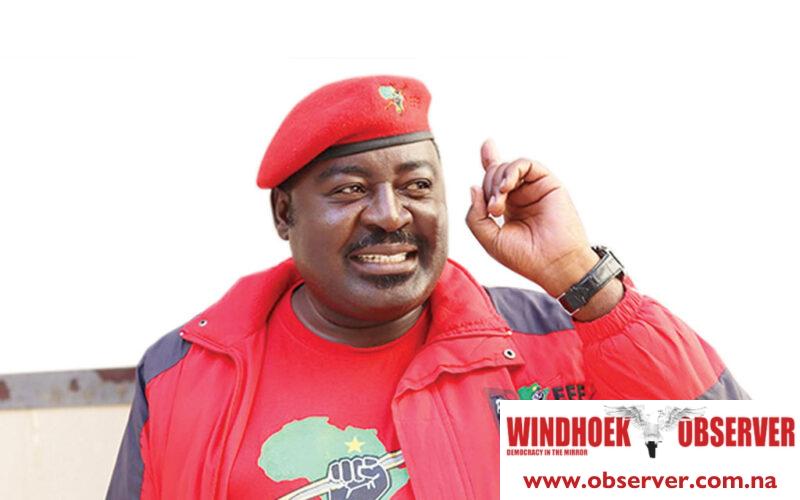Stefanus Nashama
Lawmakers from various opposition parties in Parliament have raised concerns about the Cabinet’s decision to authorize the Ministry of Works and Transport to purchase 32 government vehicles at a cost of N$25 million for the 2023/24 financial year.
This decision contradicts a moratorium put in place by the Head of State, President Hage Geingob, in 2020 to reduce unnecessary spending on government vehicles.
Namibia Economic Freedom Fighters Leader Epafras Mukwiilongo submitted a notice of questions to the Speaker of the National Assembly, Peter Katjavivi, this week, indicating his intention to question the Minister of Finance and Public Enterprises, Iipumbu Shiimi, about the planned expenditure.
Mukwiilongo is seeking clarification on why the government intends to spend such a significant amount of money on new cars when the country’s financial situation is a cause for concern.
He views this decision as imprudent, especially considering that hundreds of government-owned cars remain parked in garages across the country.
“Government can repair and refurbish the vehicles in its garages at a significantly lower cost than acquiring new ones,” Mukwiilongo argued.
Reports from local media suggest that, in total, the government plans to spend N$180 million on new vehicles in the long term, representing a substantial increase from last year’s expenditure of N$29.7 million.
Mukwiilongo contends that the Cabinet’s approval of this decision amounts to a misuse of taxpayers’ money.
He proposes that the government should instead create job opportunities for vocational graduates to repair parked cars, aligning with the government’s goal of reducing unemployment.
Popular Democratic Movement Leader McHenry Venaani has also raised questions about the Cabinet’s decision, calling for accountability and a reversal of the plan to purchase 32 government vehicles. Venaani believes that this decision not only disregards the moratorium on vehicle purchases but also demonstrates a lack of empathy for the economic challenges faced by ordinary Namibians.
Venaani emphasized that while the country grapples with a rising cost of living, high unemployment rates, and economic uncertainties, the government should not be considering the purchase of new vehicles.
He argued that the government has not effectively utilized its existing vehicle assets for public services.
“These resources could be better invested in addressing the root causes of the systemic challenges faced by the Namibian people,” Venaani suggested.
Venaani called on the government to reverse its decision, halt vehicle procurement, and redirect the funds toward investments that address the needs of the people.
According to the Ministry, the high cost of spare parts and delays in their delivery have contributed to the financial strain on the government.
In cases where repair costs approach or exceed a vehicle’s book value, the Ministry opts to sell the vehicle through a public auction, further reducing the government fleet.
The Ministry’s Spokesperson, Julias Ngweda, clarified that the vehicles are intended for pool use, not for individual allocation to various offices, ministries, or agencies.
Pool vehicles are available for official trips upon advance request but are not permanently assigned to specific individuals or institutions.




